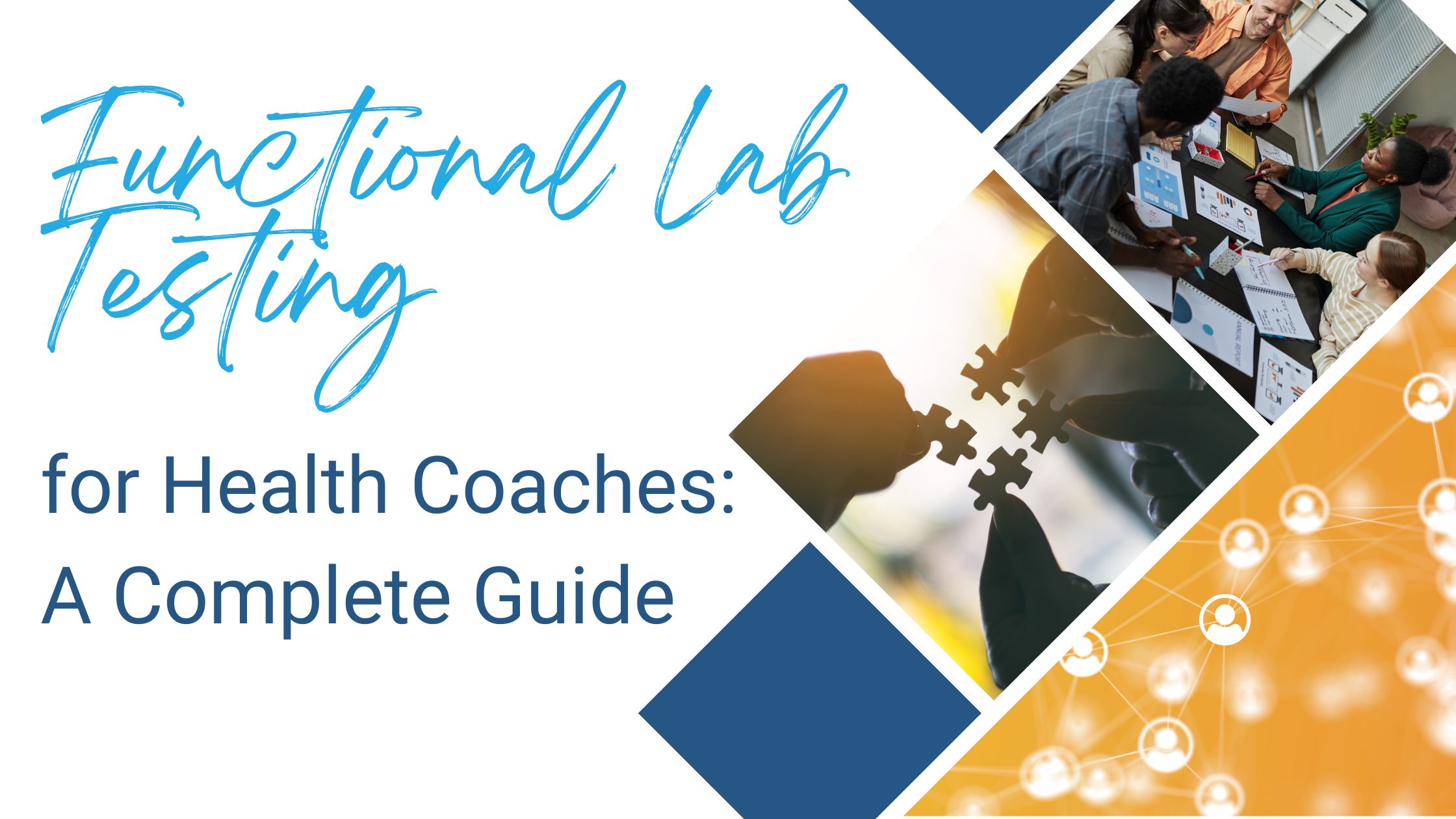It’s safe to say that many people wish there were more hours in the day to get things done. We are busier than ever, and many often find themselves feeling overwhelmed and stressed out. Stress is everywhere and hard to avoid. And while most people understand that too much stress is bad for your health, few people know why. Being under stress regularly has become common. Because of that many don’t realize how much stress they’re dealing with and how it is impacting their health. They wind up living in chronic stress. And it is making people sick!
The stress response and chronic stress
At all times, you’re physiologically in one of two states. You’re either in a stress response, or you’re in a state of relaxation. Directed by your nervous system, it’s one state or the other, but never both at the same time. The stress response is the “fight or flight” response that our body instinctively turns to in times of danger. When this happens too often however, a person moves to a state of chronic stress.
And chronic stress comes at a physical cost to your body. When struggling in a state of chronic stress, tissue, muscle, and bone breakdown. And important functions such as digestion, repair, and the immune response are shut down. Being in a state of chronic stress is being stuck in emergency mode all the time. Your body reacts to the emergency by giving you the alertness and energy to deal with it. But in the process, any function that doesn’t support this purpose is shut off. Digesting the food in your stomach is not going to get you out of danger, so digestion is turned off. But accelerating your heart rate and releasing adrenaline just might help you, so energy is shifted to those responses instead!
Throughout our evolution, this response has allowed us to be aggressive hunters and to quickly escape life-threatening situations. If it weren’t for this stress response, we probably wouldn’t be here today. If you’re wondering what this has to do with you and your stress, then you probably don’t understand how easy it is to invoke this fight or flight response. All it takes is a negative thought. Even a seemingly harmless thought that makes you a bit worried or agitated will physiologically put you in fight or flight mode. It’s like flipping a light switch.
Effects of our busy lifestyles
Many people spend their entire day being worried, rushed, or frustrated. To your body, this is like spending an entire day running from a hungry tiger. By repeating this constantly throughout the day, many of the vital functions that are essential for good health are being shut down for extended periods. Therefore, people who are chronically stressed end up with chronic health issues.

At the center of the fight or flight response are your adrenal glands. They secrete the hormones that put you at high alert and prepare you to act. They are tiny glands that sit on top of your kidneys. But they were not designed to handle the relentless and persistent stress of modern society. Like any other part of your body, they can only take so much abuse before they struggle to keep up with demand. You’ll know it when this happens because you’ll feel run down all the time and will start developing health issues.
To prevent this from happening, or from becoming worse, here are some practical ways to reduce and avoid stress.
Reducing and eliminating stress
The best way to avoid particular sources of stress is to identify the cause and eliminate it. Understand that this may not be possible in all cases. Therefore, it becomes important to evaluate all sources of stress and reduce or eliminate the ones you can.

One of the common mistakes people make when looking to reduce stress is to not look at good stress and how it is affecting them. While activities like exercising, playing a sport, or even playing a challenging board game may not seem like a source of stress, they still activate the fight or flight response. So even good stress can impact your health. Fun or frustrating, at the end of the day, it all adds up to one physiological burden that your body will need to recover from.
Once you understand all the sources of stress in your life, your goal should be to eliminate any sources that aren’t worthwhile. This includes cutting off or limiting time with toxic friends and acquaintances. They are also a source of stress. When reducing stress, start by eliminating one or two of the bigger sources and gradually continue to eliminate from there. Trying to eliminate too many sources at once may add more stress than it removes, so be gentle with yourself and listen to your body as you go through this process.
Pay attention to your thoughts

All it takes is one thought to create a physical stress response in the body. One thought leads to another. And before you know it, you’re an exhausted ball of stress. You can avoid this downward spiral by paying closer attention to your thoughts. When you catch a negative one, stop and allow yourself to look at that thought without judging it. Ask yourself if the thought is true or valid.
Maybe you’re worried about losing your job. Do you really have a reason for concern? Or are you just getting yourself worked up for no reason? It can be easy to get caught up in the “what ifs”. If the worry is rational, the next step is to re-frame your worry into a positive thought. Perhaps you don’t really like your job anyway and would be happier doing something else. No matter how difficult it may seem, it’s always possible to find some good in a bad situation. Be persistent and it will pay off.
Don’t forget to breathe
Deep and slow breathing is an easy way to shut off the stress response and calm your nervous system. To enjoy this benefit, slowly take in a full breath. Make sure to expand your midsection before your chest. Hold it for a few seconds, and then slowly release it. The slower the better, but don’t breathe so slowly that it feels unnatural. keep repeating the pattern until you feel calm and relaxed.
Clear Your Mind
You may be great at paying attention to your negative thoughts and re-framing them into positive ones. But it’s still stressful if you must do it all the time. To avoid this, try to make a regular habit of one or more mind-clearing practices that will get rid of all the noise in your head.

One of the most effective methods is mediation, Meditation doesn’t have to be elaborate to be effective. Simply sit back in a comfortable chair with your eyes closed. Distract yourself by focusing on a calming thought while doing your best to dismiss any worries that enter your mind. If you prefer something a little more active, practices such as Tai Chi and Qi Gong will help clear your mind through movement that is physically beneficial as well.
Another option is listening to soothing instrumental music. Music like the kind you would hear in a spa setting is designed for relaxation. So, opt for that over music with a beat or baseline. That would make the music stimulating and defeat the purpose of helping you shut off the stress response.
Laugh often

Have you ever been in a bad mood or felt overwhelmed by stress while you were laughing? Usually not! There’s no denying that a good joke can bring you from a frown to a smile in an instant. We’re naturally wired this way, so take advantage of it! It’s a sad fact that babies laugh and smile far more often than adults do, and this is not due to a loss of ability, it’s a result of being too wrapped up in our day-to-day worries.
Adults are just as capable of laughing as babies are. So loosen up a bit, re-learn to appreciate the simple things, and enjoy the feeling of your stress fading away. The more you surround yourself with people who are happy, cheerful, and supportive, the easier this will be. And the happier and more stress-free you’ll be as a result.
Managing chronic stress
We are not taught the importance of regular stress management. But when looking to improve health, it should always be a part of any health plan. At FDNthrive we spend most of our time with clients helping them undo the damage that years of chronic stress have created in their bodies. And reducing stress is a mandatory part of the healthy lifestyle changes our clients make for a reason. Reducing stress can help you prevent chronic health issues. And it can help you to reclaim your health so you can live the vibrant life you’ve always wanted.







